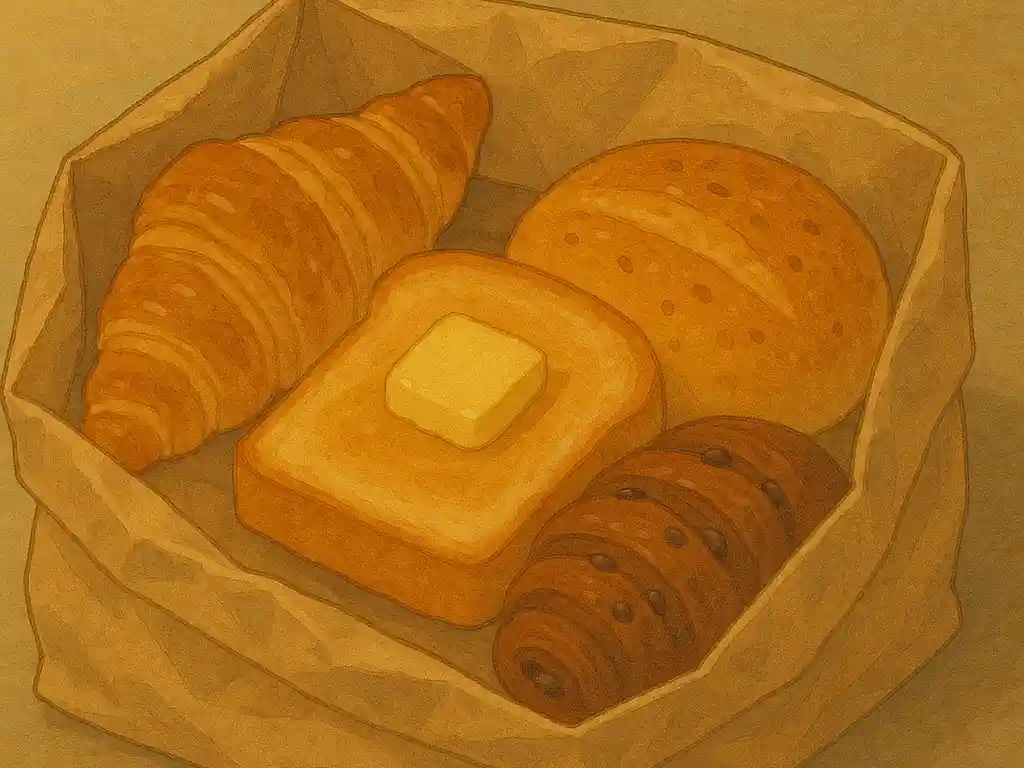🎧 Listen to text audio:
玛丽: 苏苏,周末 你 要 做 什么?
Pinyin
Mǎlì: Sūsū, zhōumò nǐ yào zuò shénme?
English
Mary: Susu, what are you going to do on the weekend?
苏苏: 星期六 我 打扫 房间。
Pinyin
Sūsū: Xīngqīliù wǒ dǎsǎo fángjiān.
English
Susu: On Saturday, I’ll clean my room.
玛丽: 星期天 呢?
Pinyin
Mǎlì: Xīngqītiān ne?
English
Mary: What about Sunday?
苏苏: 星期天 我 去 超市。你呢?
Pinyin
Sūsū: Xīngqītiān wǒ qù chāoshì. Nǐ ne?
English
Susu: On Sunday, I’ll go to the supermarket. What about you?
玛丽: 星期六我去 图书馆 看 书。
Pinyin
Mǎlì: Xīngqīliù wǒ qù túshūguǎn kàn shū.
English
I’ll go to the library to read on Saturday.
苏苏: 太 好了!那 我星期天 上午 打扫房间,下午 去超市。星期六我们 一起 看书吧!
Pinyin
Sūsū: Tài hǎo le! Nà wǒ xīngqītiān shàngwǔ dǎsǎo fángjiān, xiàwǔ qù chāoshì. Xīngqīliù wǒmen yìqǐ kàn shū ba!
English
Susu: That’s great! Then I’ll clean my room Sunday morning and go to the supermarket in the afternoon. Let’s read together on Saturday!
语法点 (Grammar Points)
1. 要 + Verb / Verb Phrase – Expressing Intent or Future Plans
要 is used to indicate a planned action or intention in the near future. It’s often translated as “will” or “going to”, especially in casual conversation.
文中 (In text):
– 周末你要做什么? – What are you going to do this weekend?
例(Example):
– 我要去超市。 – I’m going to the supermarket.
– 他要看书。 – He plans to read.
2. 星期 + Number – Days of the Week
Structure: 星期 + 一/二/三/四/五/六/天(or 日)
Explanation: Used to express days of the week.
– 星期一 Monday
– 星期二 Tuesday
– 星期三 Wednesday
– 星期四 Thursday
– 星期五 Friday
– 星期六 Saturday
– 星期天 or 星期日 Sunday
文中 (In text):
– 星期六我打扫房间。- On Saturday, I’ll clean my room.
– 星期天我去超市。- On Sunday, I’ll go to the supermarket.
3. Time + Subject + Verb
Specifies when someone does something.
文中 (In text):
– 星期六我打扫房间。- On Saturday, I’ll clean my room.
– 星期天我去超市。- On Sunday, I’ll go to the supermarket.
例(Example):
– 星期五我去学校。- On Friday, I go to school.
4. 去 + Place + Verb
Describes going somewhere to do something.
文中 (In text):
– 星期天我去超市。- On Sunday, I’ll go to the supermarket.
– 星期六我去图书馆看书。- I’ll go to the library to read on Saturday.
例(Example):
– 我去饭店吃饭。- I’m going to eat at a restaurant.
Download the PDF Version
Want to read this story offline? Get the PDF version sent directly to your email.
Simply enter your email below, and we’ll send you the downloadable PDF for this lesson.


